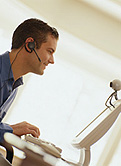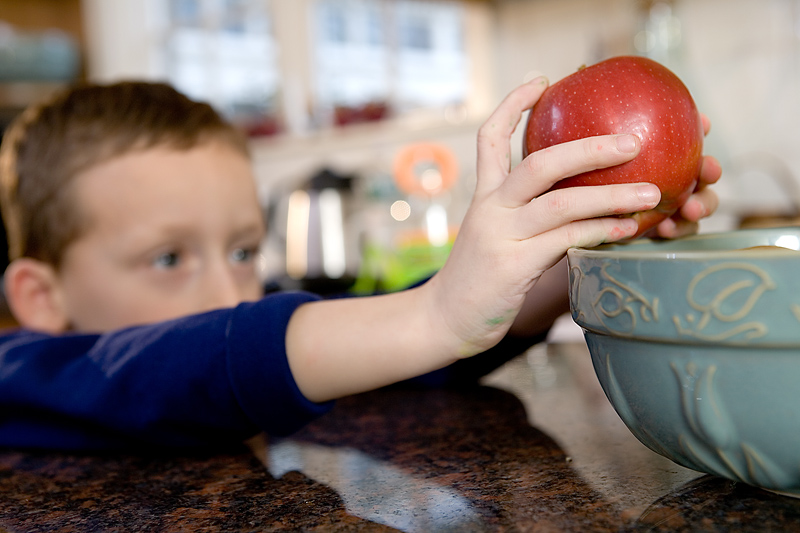
SUNDAY, Feb. 5 (HealthDay News) — More than 60 percent of American teens have at least one profile on a social networking site, and many spend more than two hours a day on social networking sites, according to the American Academy of Child and Adolescent Psychiatry.
Like many activities, social networking sites offer both opportunities and risks for teens, and parents need to help their children use these sites wisely, the academy advises.
Potential benefits include: staying connected with friends; developing new social contacts with peers who have similar interests; sharing self-expression such as music, artwork and political views; and development and expression of individual identity.
Possible risks include: cyberbullying; sharing too much personal information; vulnerability to predatory adults; regrets about sharing certain photos or videos; exposure to large amounts of marketing that may not be age-appropriate; identity theft and reduced physical activity.
Parents can help children use social networking sites safely and appropriately and should have an open discussion with their children about the topic, the academy advised in a news release. Parents should suggest that children:
- Restrict access to their page to keep control of their information.
- Keep their full name, address, telephone number, social security number and bank or credit card number to themselves.
- Post only information/photos/videos they are comfortable with everyone seeing.
- Talk to their parents before considering a face-to-face meeting with anyone they meet online and consider the potential risks of such meetings.
Parents need to establish rules about the use of social networking sites, how Internet usage will be monitored, and what happens if usage interferes with family time or other social activities, the academy suggests.
More information
The U.S. Federal Bureau of Investigation offers a parent’s guide to Internet safety.

